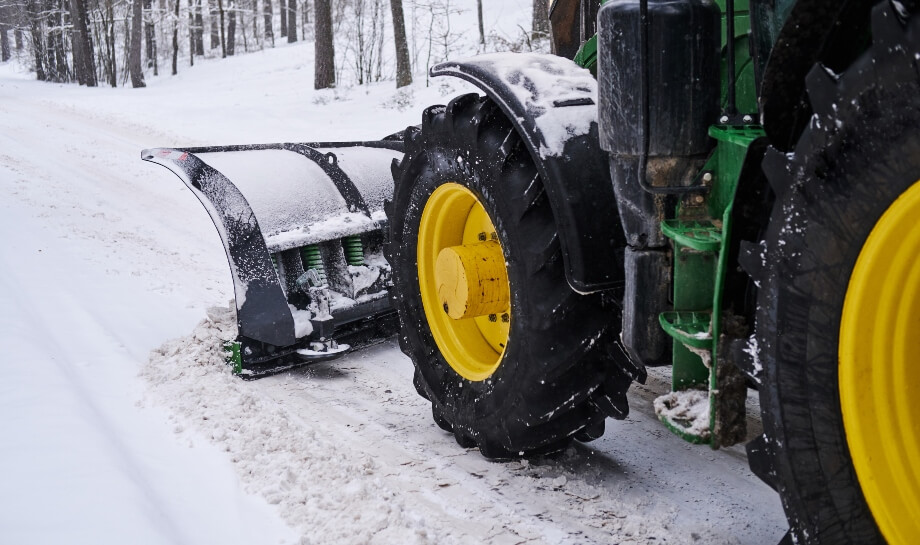
Winter brings unique challenges to the operation of heavy machinery. The cold temperatures not only affect the performance of the equipment but also pose significant health risks to the operators.
To ensure a safe and efficient work environment, it is crucial for heavy equipment operators to be well-prepared and take necessary precautions during the chilly winter months.
In this article, we will provide you with five essential safety tips that will help you navigate the winter season with confidence.
Monitor Battery, Tires, and Tracks for Optimal Performance
One of the key concerns during winter is the impact of freezing temperatures on the batteries, tires, and tracks of heavy equipment. To prevent any disruptions in your operations, it is vital to keep a close eye on these components.
Ensure that the batteries and tires are stored in a warmer location to prevent them from draining or freezing. Additionally, regularly inspect the tracks for the buildup of mud, snow, or ice, as it can hamper the equipment’s mobility.
Enhance Visibility in Challenging Conditions
Low visibility combined with the operation of loaders or forklifts can lead to hazardous situations. To mitigate the risks, it is crucial to prioritise visibility during winter work.
Invest in high-visibility driving gloves, vests, and accessories that help you stand out in complex backgrounds. By ensuring that you and your fellow workers are easily visible, you minimise the chances of accidents and injuries on the job site.
Prioritise Warmth and Protection from Cold Stress
Heavy machinery operators must take extra precautions to safeguard themselves against cold stress, hypothermia, and other winter-related health hazards.
Start by layering your clothing to insulate your body effectively. Assess the specific hazards associated with your job daily and invest in winter workwear, including overalls, jackets, base layers, and hand protection.
Equipping yourself with the right gear will provide essential warmth and protection against the harsh elements.
Maintain Traction Control for Safe Operation
Icy conditions increase the risk of slips and falls on any job site. Before beginning work, it is crucial to thoroughly clear snow and ice from both your equipment and task areas.
Consider using ice melt chemicals to prevent slippery surfaces. Keep in mind that snow can conceal hazards, so it’s important to regularly sweep your work locations to prevent tire punctures or damage to the equipment’s tracks.
Conduct Daily Visual Inspections for Optimal Equipment Performance
In the harsh winter months, it is essential to start each day of heavy machinery operation with a thorough visual inspection.
Begin by checking the wiring to ensure the electrical system is functioning correctly. Examine the tires, belts, and hydraulic hoses for any cracks or cuts that may compromise the equipment’s performance or operator safety.
Neglecting this inspection can result in significant injuries or damage to the machinery.
Prioritise Safety and Prepare for Winter Work
Winter weather introduces various hazards that necessitate careful preparation and adherence to safety guidelines across all industries.
When it comes to heavy equipment operation, the risks are particularly high. By following these five essential safety tips, you can minimise the dangers associated with operating heavy machinery during winter.
Remember, prevention is key, and investing in proper training, such as an earth-moving course, can equip you with the necessary skills and knowledge to excel in this demanding field.
Don’t wait any longer—book yourself an earth-moving course with TrainMe today to embark on a successful career in heavy equipment operation. For more details, visit our official website.
